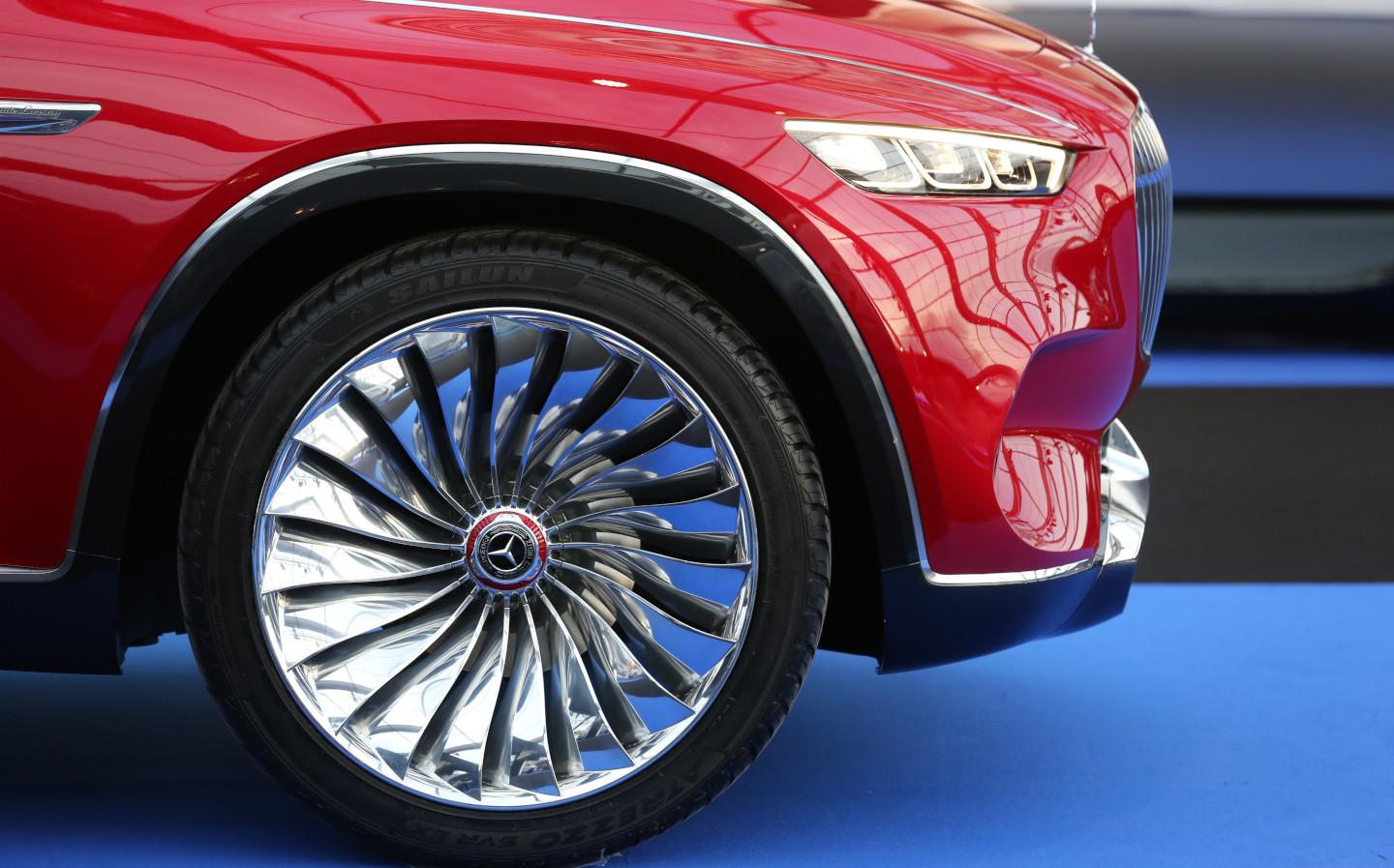What is alloy wheel insurance and is it worth it?
Helps protect your rims, but can you live without it?
Alloy wheel insurance covers drivers in the event of unexpected damage to one or more of their rims due to, for example, a kerbing incident or a particularly nasty pothole.
Like tyre insurance or scratch and dent protection, it’s one of a number of products increasingly upsold by dealers when selling a car, but for those who aren’t buying a car and have a set of rare or expensive alloy wheels that they want to protect, it’s a widely available insurance product.
Why do people insure their alloy wheels?
For the same reason that anyone insures any object they’re not legally obliged to: so that in the event of an accident or theft, the insurance company, not the insured, bears the brunt of any repair or replacement.
Alloy wheels are easily damaged in the normal course of driving and, especially with modern wheels that can come in a wide variety of designs and finishes — two-tone, split-rim, diamond-cut, bigger than 18in in diameter — they can often be expensive to repair or replace.
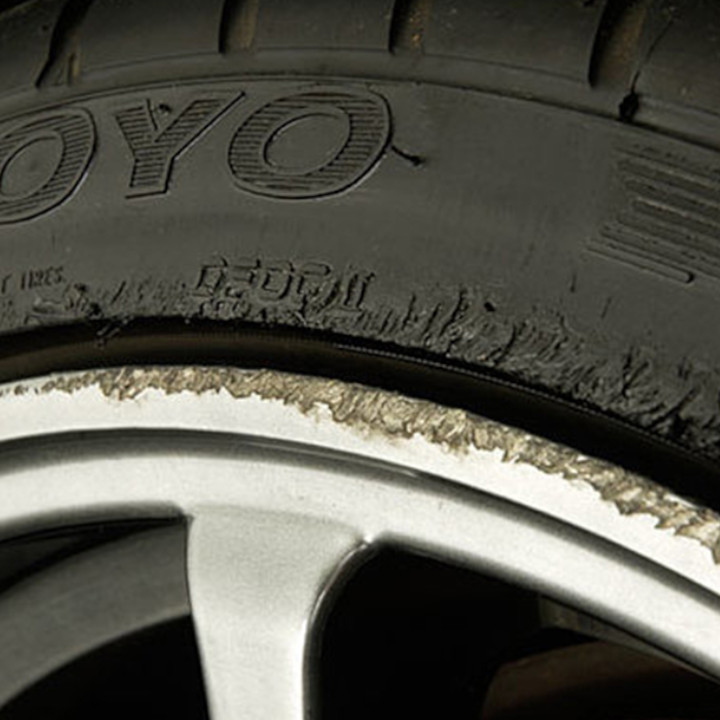
Alloy wheel insurance is especially popular with drivers on PCP deals and leases as being able to get any damage to the wheels repaired at little more than the cost of the premium plus a small excess (an amount that a policy holder must themselves pay towards the cost of any repair or replacement) is a relatively inexpensive way to avoid penalty fees for damage when handing back a car at the end of the term.
Claiming for a repair on an alloy wheel insurance policy also avoids drivers having to claim on their car insurance policy, which helps protect their no-claims bonus as well as avoiding a policy excess that usually averages around £250.
What does an alloy wheel insurance policy cover?
Alloy wheel insurance policies cover repair or refurbishment of alloy wheels up to a specific pre-agreed amount outlined in the policy’s terms and conditions.
Policies almost always allow for a set number of repairs or refurbishments within the duration of the policy and, if a wheel is beyond repair, the insurer will either cover the cost of or make a contribution to a replacement.
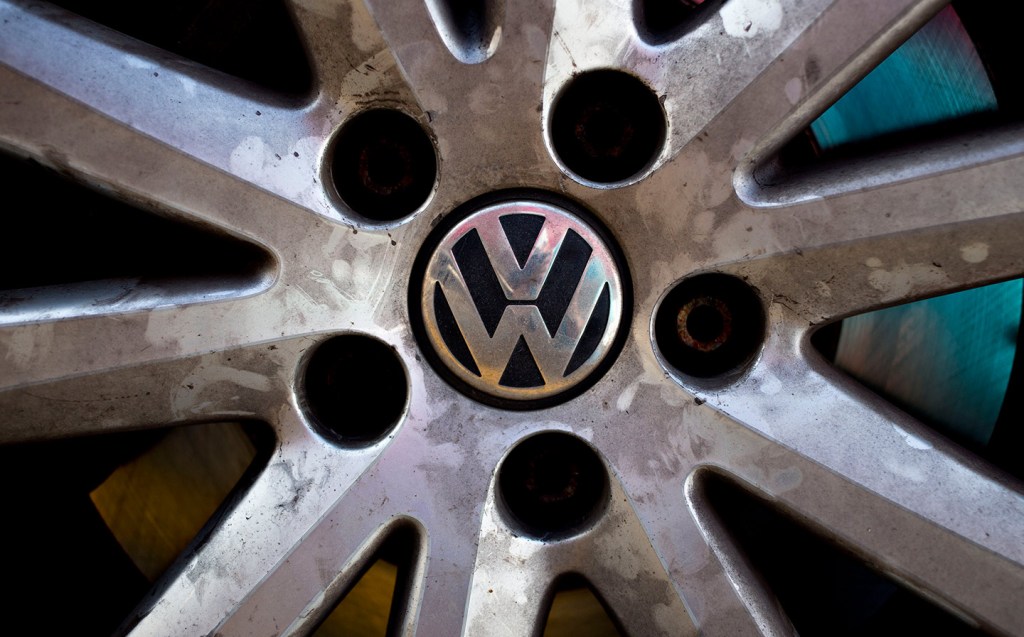
Alloy wheel insurance policies do not cover pre-existing damage such as scratches, gouges or scuffs and certain particularly expensive or complex designs may be excluded from cover, so always check before you buy.
Many policies also do not cover alloy wheels that aren’t original to the car, so if you’re trying to insure a set of aftermarket wheels check the policy documents beforehand.
How much is alloy wheel insurance?
Premiums for alloy wheel insurance always depend on the type of alloy wheel you’re trying to insure. A set of 16in alloy wheels on a Vauxhall Corsa, for example, will generally be much cheaper to insure than say, a set of 20in wheels with a complex design.
Usually, prices for alloy wheel insurance start from around £50 per year, rising to hundreds of pounds for more expensive rims.
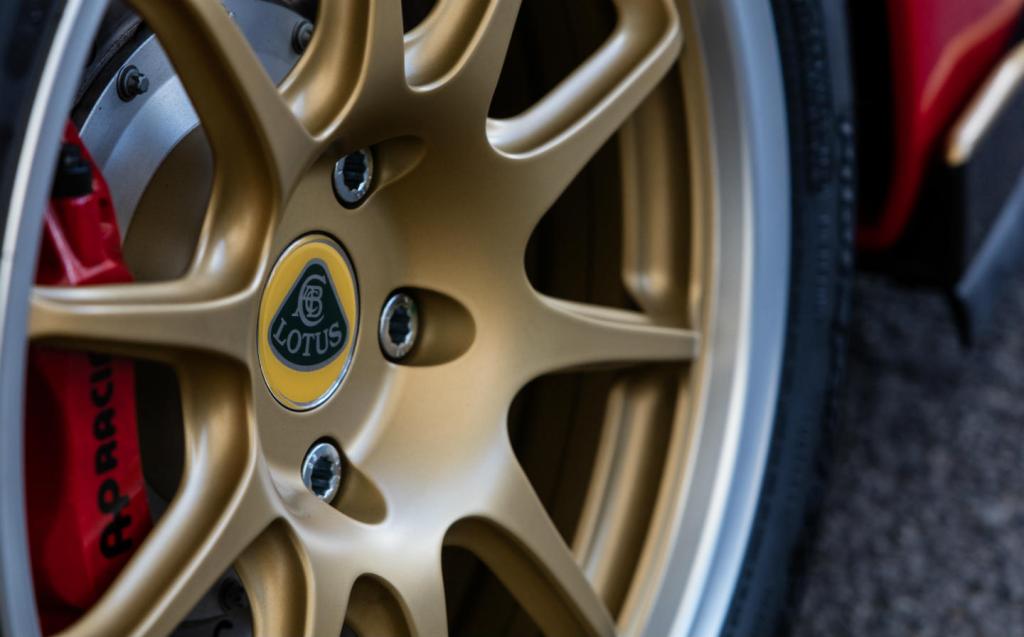
While most policies cover a period of one year, many insurers will offer multi-year (usually up to three years) policies, the cost of which is usually lower per year when divided over the duration of the policy.
Do I really need alloy wheel insurance?
The question of whether you really need alloy wheel insurance comes down to whether you think it’s worth the risk to go without. There are definitely advantages to having alloy wheel insurance — not needing to claim off your car insurance policy, avoiding PCP penalty fees, cushioning the blow in the event of an accident — but you may not feel that these advantages justify having to fork over a premium for yet another insurance policy.
If your car doesn’t have a particularly expensive set of alloy wheels, you don’t cover vast mileage, generally stick to good roads and feel you’re perfectly adept when it comes to parking, then you can probably quite happily forgo alloy wheel insurance and just bite the bullet in the event that a repair is needed to one or more of your wheels.
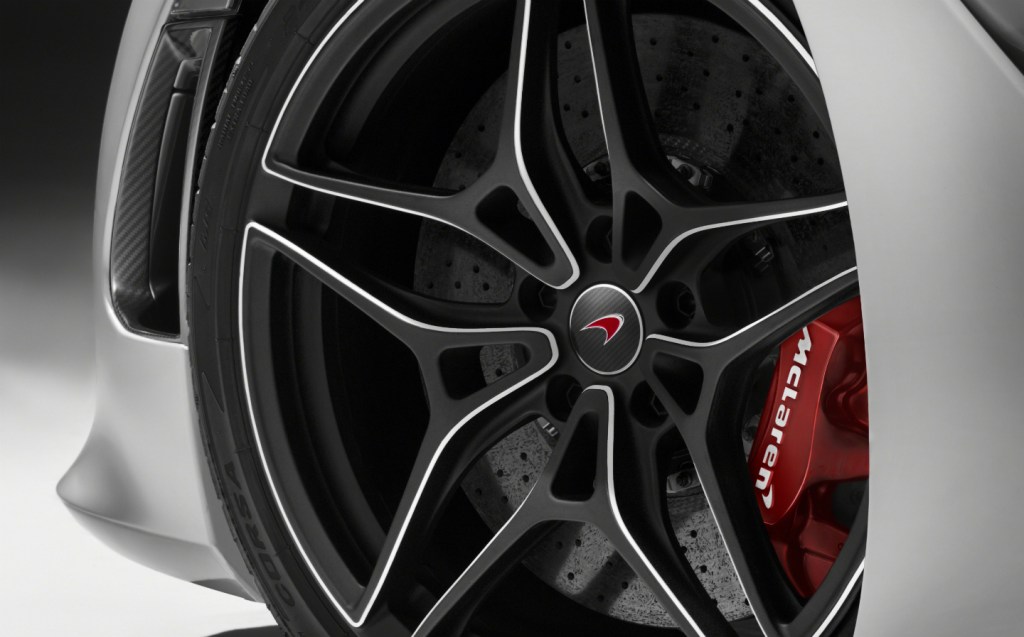
If, on the other hand, your car is riding on an expensive set of wheels, you cover higher mileage, perhaps on less-than-perfect roads and you don’t want to run the risk of kerbing your wheel or damaging it in a multi-storey car park, then perhaps alloy wheel insurance could be a worthwhile annual investment.
Related articles
- After reading about alloy wheel insurance, you might also like our guide to keyless car theft prevention
- Sales of new diesel and petrol cars will be banned from 2030. Here’s everything you need to know
- Heading into London? Check if your car is exempt from the ULEZ here
Latest articles
- Ferrari 12Cilindri Spider review: Heady blend of traditional and futuristic becomes even more intoxicating after lid is removed
- Skoda reveals its fastest accelerating production car yet: the electric Elroq vRS
- Carmakers fined £461m in UK and Europe for not competing over vehicle recycling
- Volkswagen Tayron 2025 review: Useful seven-seat SUV and decent PHEV — just not at the same time
- Skoda Enyaq 2025 review: Same book, different cover for electric SUV
- Lewis Hamilton wants to design a modern day Ferrari F40 with manual gearbox
- Dacia Bigster 2025 review: The ‘anti-premium’ family SUV that punches above its weight
- Your car’s worn tyres could be being burnt illegally in India, investigation reveals
- Open-top 214mph Aston Martin Vanquish Volante is world’s fastest blow-dry


